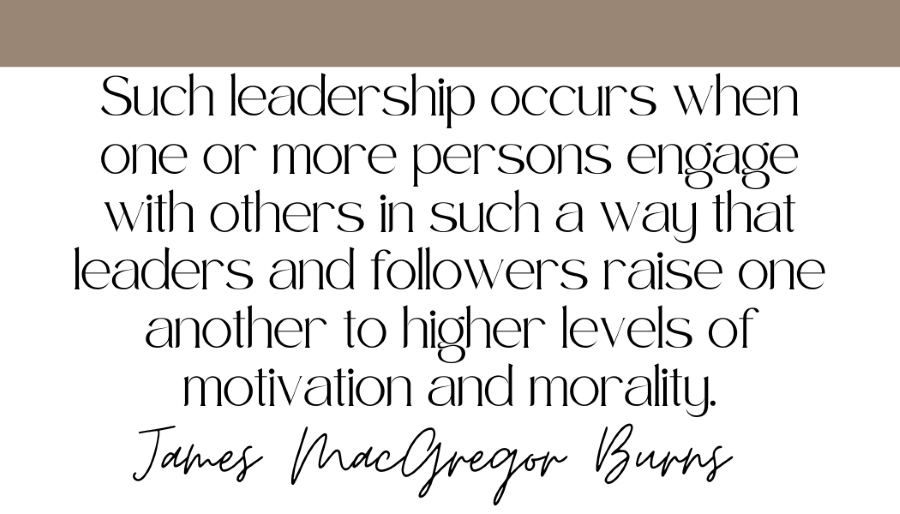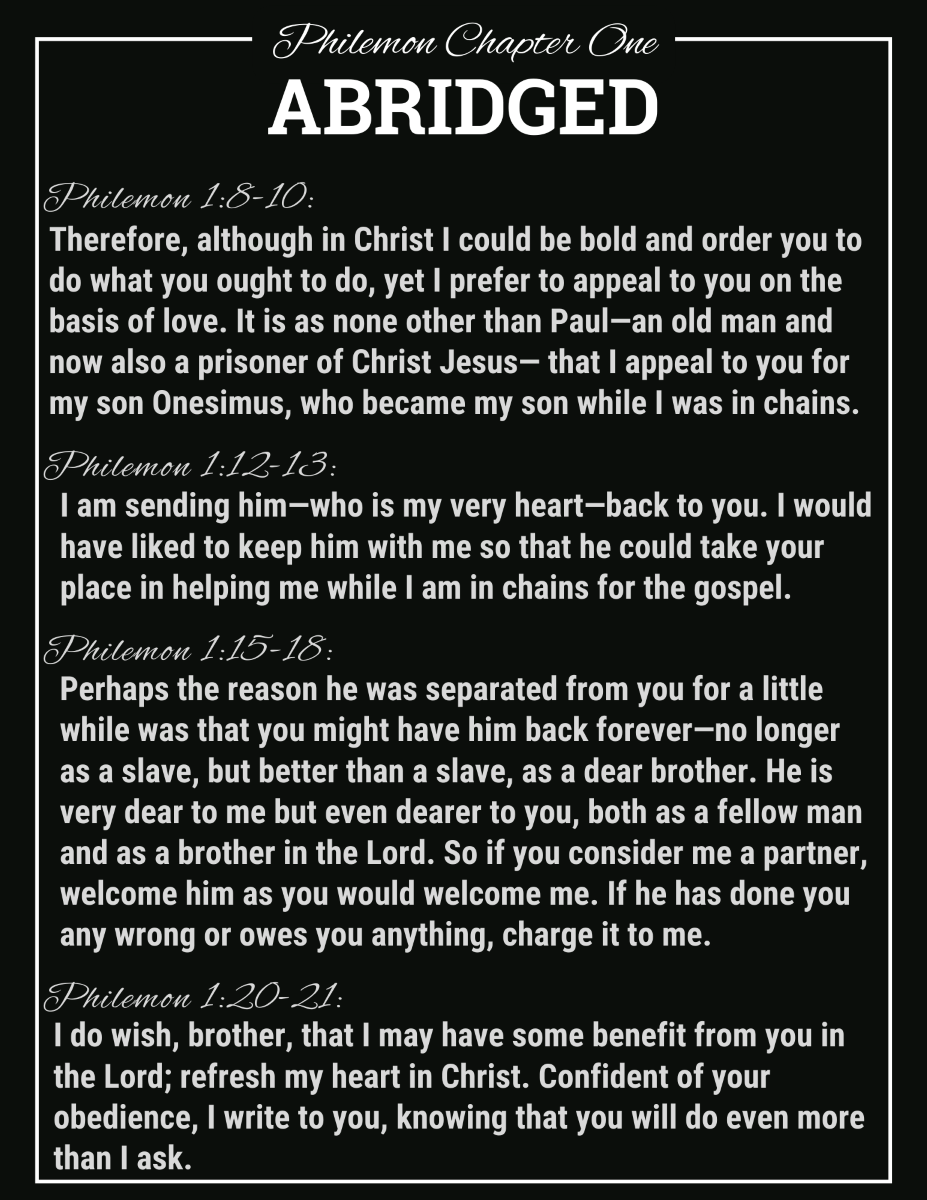Teachings from Unsung Figures: Jethro’s Prudence
Often overshadowed by the towering presence of his son-in-law, Moses, Jethro’s sage counsel and discernment offer invaluable insights that surpass familial ties, guiding both Moses and the Israelites through moments of unpredictability and wariness. Join us as we study the remarkable wisdom of a father-in-law who provided sound guidance for one of the greatest leaders in ancient times.

The Breadth of Jethro's Wisdom
In the following examples, Jethro emerges as a paragon of wisdom, offering pivotal direction and guidance to Moses that continues to resonate across time.
Employment of Organizational Structure and Strategic Planning

Throughout Exodus 18, we witness Moses burdened with the responsibility of adjudicating disputes among the people, a task consuming both his time and energy. Sensing the weight upon Moses, Jethro astutely observes the inefficiency of this approach and offers practical solutions to address challenges: "What you are doing is not good. You and these people who come to you will only wear yourselves out. The work is too heavy for you; you cannot handle it alone" (Exodus 18:17-18). Further stressing the need for a clear division of labor and responsibilities, he reminds Moses of his indispensable role as spiritual leader, remarking that he “must be the people’s representative before God and bring their disputes to him” (Exodus 18:19).
Jethro advises Moses to delegate tasks, appointing others to oversee various duties. Alleviating Moses’ burden, ensuring that Moses can effectively fulfill his role as the spiritual leader, addressing the Israelites' practical needs, and promoting communal efficiency and accountability, Jethro’s advocacy for shared responsibilities radiates with his inclination for constructive acuity.

Facilitating Encouragement

Expressing confidence in Moses’ leadership and God’s guidance, Jethro assures Moses, saying, "If you do this and God so commands, you will be able to stand the strain, and all these people will go home satisfied" (Exodus 18:23). These words of encouragement and affirmation reveal that Jethro administered invaluable emotional support, amplifying Moses’ sense of calling and purpose.

Appreciation for Diversity and Collaboration

Recognizing that they do not have all the answers, both Jethro and Moses demonstrate consideration and attentiveness for one another’s distinctive perspectives.
Paying tribute to the significance of diversity and unity in faith, Jethro praises God's deliverance for both the Israelites and himself, stating, "Now I know that the Lord is greater than all other gods” (Exodus 18:11). Jethro's acknowledgment of the supremacy of the Israelite God reflects cultural sensitivity and an appreciation for divine revelations beyond his own beliefs.
Acknowledging Jethro's background as a Midianite priest as an opportunity to learn from a perspective that offers insights and solutions that may differ from those rooted solely in Israelite culture and tradition; Moses heeds Jethro’s guidance and incorporates it into his decision-making process. By doing so, Moses exhibits adaptability, and a willingness to grow as a leader, ultimately enriching the efficiency of his approach.
Further establishing a culture of inclusivity, Jethro offers his counsel and guidance with a spirit of respect and collaboration. His recommendation for the distribution of responsibility and authority testifies to his awareness of the limitations of individual leadership and his acknowledgment of the value of leveraging the strengths and talents of others founded in mutual respect. The collective pursuit of shared goals and values advances unity, and the diversity of thoughts and experiences affirms every individual's inherent value and dignity, regardless of their background or identity.

Resolute Trust in God

Urging Moses to focus on his divine calling as the mediator between God and the people, Jethro displays a deep awareness of God's providential care and guidance. Recognizing that their plans must align with God’s will, Jethro declares, "If you do this and God so commands, you will be able to stand the strain, and all these people will go home satisfied" (Exodus 18:19). Furthermore, he advises Moses to "teach them God's decrees and instructions and show them how to conduct their lives” (Exodus 18:20). The prioritization of spiritual instruction and communion with God conveys Jethro’s understanding about the inseparable connection between faith and mentorship.

To Conclude

Jethro models a comprehensive blueprint for leadership that integrates delegation, collaboration, spiritual grounding, adaptability, and trust in God’s providence. Characterizing the qualities of a wise and faithful servant of God, Jethro’s wisdom and discernment illustrate that true leadership exceeds competence and charisma; it requires a deep-rooted commitment to values and principles that guide decision-making and inspire others.
As we apply these lessons from Jethro's leadership to our own lives and contexts, may we proceed to live with wisdom, integrity, and a steadfast reliance on God's guidance.
-Torrance Church of Christ






